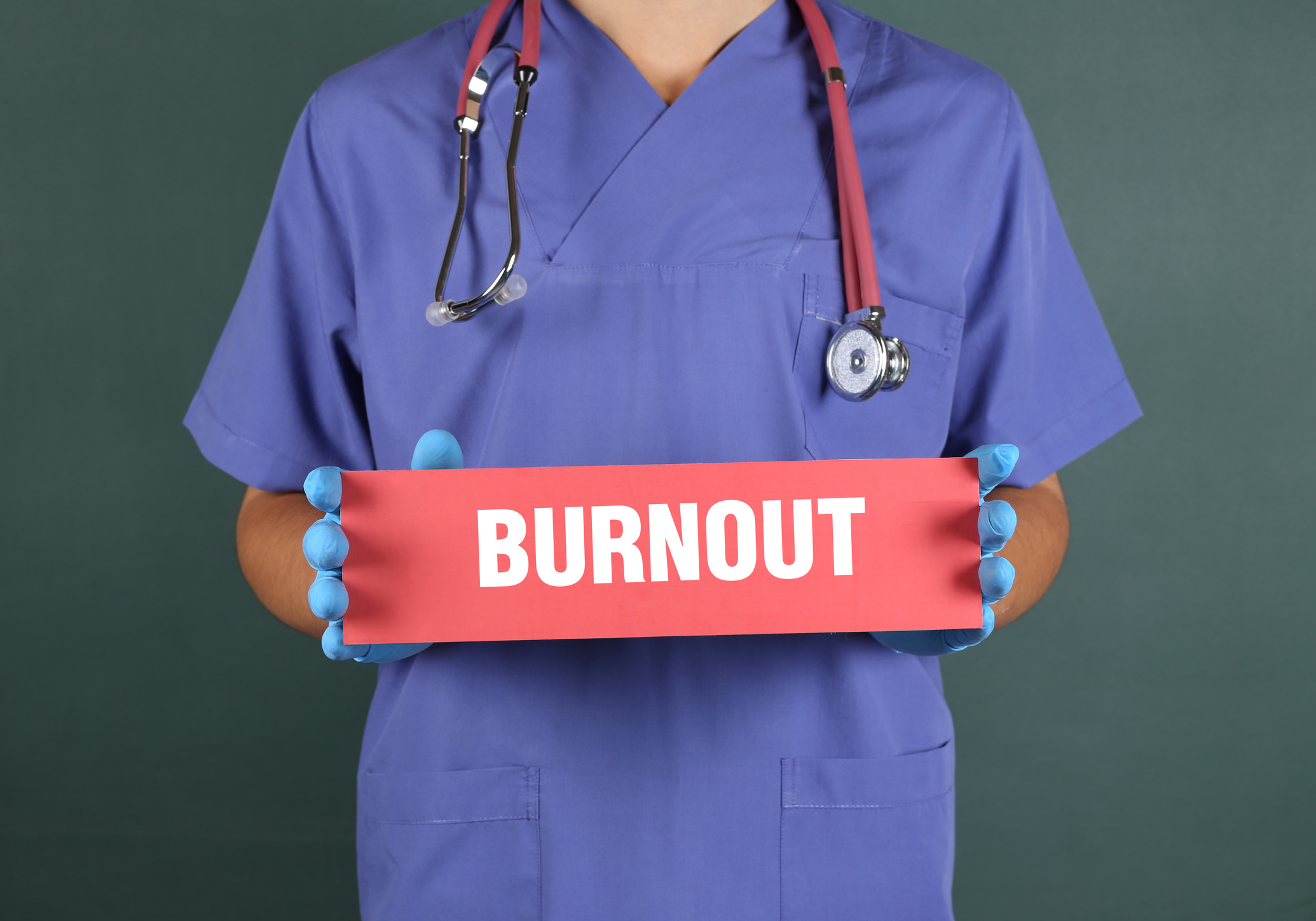Doctor burnout has already hit staggering levels. But a new report from the Harvard Global Health Institute, the Harvard T.H. Chan School of Public Health, the Massachusetts Health and Hospital Association, and the Massachusetts Medical Society has taken it to a new level: officially labeling the problem “a public health crisis.”
In the report, burnout among physicians is referred to as “a condition in which physicians lose satisfaction and a sense of efficacy in their work.”
But you don’t have be a member of the medical field for the physician burnout crisis to have an impact on your life. According to the paper, doctor burnout could have damaging effects on the quality of the American healthcare system at large. The report’s authors note that burnout mainly influences medical practitioners’ “mental health,” and further explains “that one can’t have a high performing health care system if physicians working within it are not well.”
While some doctors have have taken the issue into their own hands by changing the way they work, the overarching problem boils down to specific factors that continue to plague the medical industry at large.
Co-author Ashish K. Jha, M.D., MPH, a Veterans Administration physician and professor at the Harvard T.H. Chan School of Public Health, pointed to a root of the cause in a statement, saying, “The growth in poorly designed digital health records and quality metrics has required that physicians spend more and more time on tasks that don’t directly benefit patients, contributing to a growing epidemic of physician burnout.”
It’s also worth noting that this concept has been called “a public health crisis” before: For example, the paper cites a 2017 Health Affairs blog post by healthcare CEOs using the same terminology. But this designation, by a consortium of highly regarded healthcare organizations, is worth noting – particularly because of how they connect the profession’s crisis to its dire implications on patient health if left unchecked.
The report does recommend solutions to the epidemic using a multi-pronged approach, though, including: increasing and encouraging access to health care programs for physicians (and ones focused on mental health), making “significant changes to the usability of electronic health records,” and designating “executive-level chief wellness officers.” The authors hope that these changes will help to stem the tide of burnout in the profession.
Follow us here and subscribe here for all the latest news on how you can keep Thriving.
Stay up to date or catch-up on all our podcasts with Arianna Huffington here.


